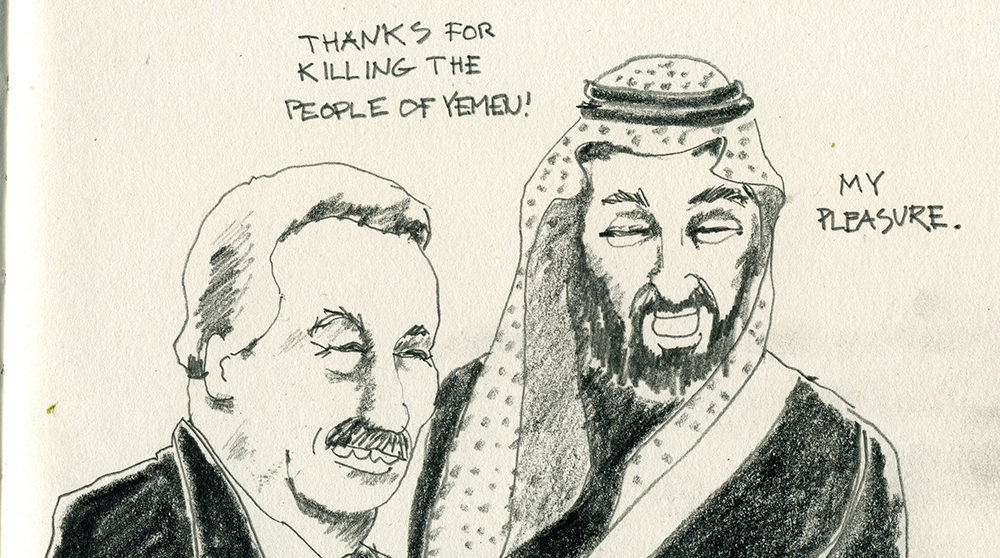Andrei was beaten outside of his home in Moscow by a group of men because he participated in a campaign against the war in Ukraine. Now, he faces a 10-year prison sentence for coordinating protests by the youth organisation Vesna.
”I was attacked by a group of young men because I participated in the campaign against the war in Ukraine. The attack took place outside the house where I lived. Those who assaulted me were completely unknown men and they beat me up. After the beating, I had to have a pair of titanium prostheses installed inside my face. They wanted to scare me and stop me from getting involved in politics,” says Andrei.
Global Bar Magazine will follow young activists in Russia who face reprisals because they are members of Vesna, a youth organisation fighting for democracy and human rights. Since Russia attacked Ukraine in February 2022, they have also been active in the anti-war movement. Andrei is the first one we have chosen to follow.
Andrei Lozitsky is 20 years old and studies political science at Moscow State University of Linguistics. He has been a member of the youth organisation Vesna for a couple of years. As soon as Russia launched the war against Ukraine, Andrei and his colleagues in Vesna started organising protests against the war:
”Putin simply started killing innocent people, while at the same time claiming that Ukrainians had been the brothers of Russians. His ruthless actions destroyed our relationship with Ukraine, and that’s frightening,” he tells Global Bar Magazine.
”Since the beginning of the war, I have felt total intolerance for everything that has happened.”
In the first criminal case against Vesna, Andrei faces up to four years’ imprisonment (jail or house arrest). For the criminal case of ”organising an extremist group”, he faces up to 10 years in prison.
How did you become active in Vesna?
”After the murder of Boris Nemtsov, I realised that the Russian authorities had lied when they tried to convince us all that they had not been involved in the murder. I felt a strong hostility, and it was clear to me that something is wrong with the government. I was 14 at the time. Later, when I found out the whole truth about the regime and the political situation in my country, I admitted that I had to resist all this. And after I saw some of Navalny’s investigations into the systems of corruption used by the authorities, I started to join the protests and express my opinion.”
How can we outside Russia help?
”It’s very important to help Russian civil society fighting for peace and human rights. People can give us financial support and raise awareness about what is happening in Russia.
”I think other countries should stop applying visa restrictions to us coming from Russia. They should also impose restrictions on those who started the war, but not on society as a whole. You should not isolate Russian society while it is necessary to actively speak out against and oppose the Russian Government’s prosecution of organisations and individuals.
How does your family feel about you protesting?
”There is no doubt that everyone around me has been shocked, but they still support everything I do. They are sure that I am doing important things and fighting for peace and a free Russia,” says Andrei, who left Russia some time ago.
Russian authorities have banned Vesna and even declared it an ”extremist organisation” that ”threatens Russian authorities and authorities”. Despite being banned, many young people continue to fight the regime through their Telegram and Twitter channels. There are still activists left in Russia. All of our publications are aware of the risk of visibility but still want to go public with what happened to them.
Petter Bolme
If you want to follow Vesna’s work, they have an account on Telegram with over 100,000 followers and a Twitter account.
Listen to


